Armenia is the most militarized country in Europe.
Armenia is apparently not going to cede its position in the Global Militarization Index and is still ranking high in the GMI.
The Bonn International Center for Conversion (BICC) has published its annual Global Militarization Index for 2015. Armenia ranks third among the countries of the world with the highest levels of militarization behind Israel and Singapore. In Europe, Armenia has the highest level of militarization of any European countries.
The GMI particularly mentioned: “Two European counties have strikingly high levels of militarisation: Armenia (position 3) and Azerbaijan (position 8). Against the background of the ongoing Nagorno–Karabakh conflict, both countries are still investing an inordinate amount of their resources expanding and modernizing their armed forces.”
Posted: December 10th, 2015 under News.
Comments: none



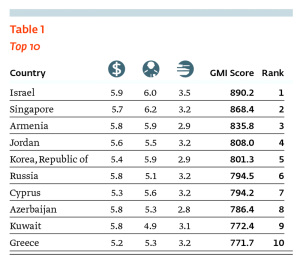
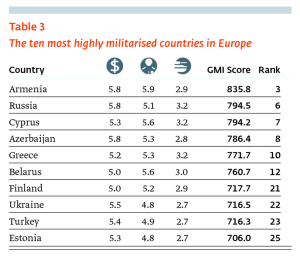
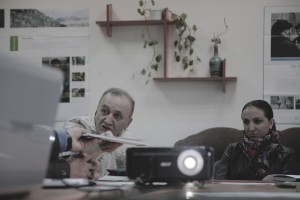
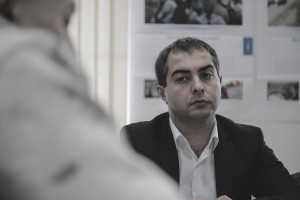
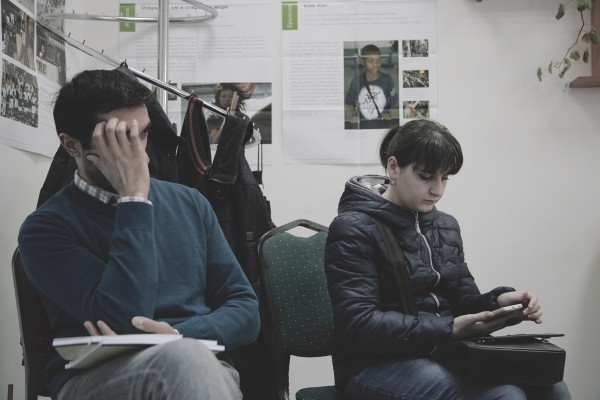

 course, there will be people that will mention that in fact we are still at war, that there were incidents on the front line before and that there are and there still will be, nevertheless I think it is important to insure a more substantial level of defensive resources both through technical means and military training so that such incidents will not result in more casualties.
course, there will be people that will mention that in fact we are still at war, that there were incidents on the front line before and that there are and there still will be, nevertheless I think it is important to insure a more substantial level of defensive resources both through technical means and military training so that such incidents will not result in more casualties.